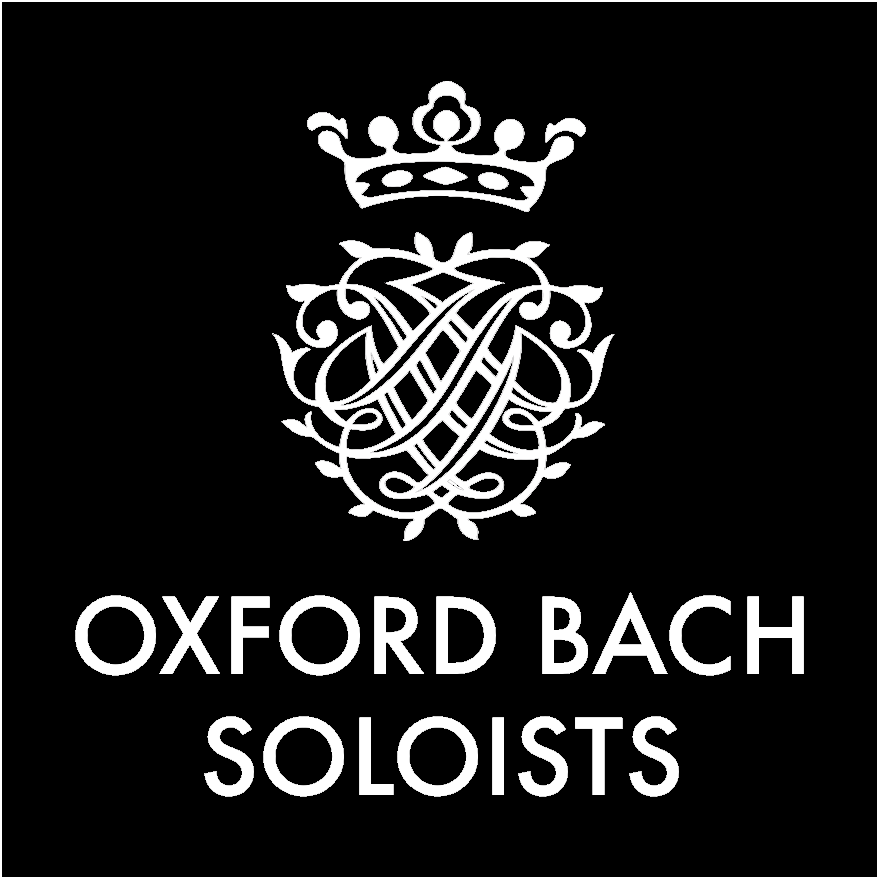Join us on 4 June for an exploration of music for ‘heavenly’ Royal Weddings dominated by Handel’s magnificent DIXIT DOMINUS.

1707 was a turning point for Great Britain with the Acts of Union joining the Kingdoms of England and Scotland. Meanwhile, a more musical transition was taking place in Germany with the three protagonists of this concert.

Buxtehude
Dietrich Buxtehude had died, and Bach and Handel embarked on new adventures in their careers. Both just 22, Bach had just accepted the post as organist at St Blasius in Mühlhausen, and Handel had moved from Hamburg to Rome at the invitation of the de’ Medici family.
Such was Buxtehude’s fame, that in 1705 the 20-year-old Bach set out on foot on a journey of some 250 miles from Arnstadt to Lübeck to hear the great organist and composer.
Buxtehude’s Cantata Alles, wasihr tut sets a passage from Colossians often used at weddings: “As God’s chosen ones…’. This is a work which makes an immediate and enduring melodic appeal.
Bach clearly held great admiration for Buxtehude, and his influence is keenly felt in Der Herr denket an uns.
Bach may have written this cantata for the 1708 wedding between Regina Wedemann, an aunt of Bach’s cousin Maria Barbara and Johann Lorenz Stauber, pastor of the church at nearby Dornheim.

George Frederic Handel
In the same year, Handel premièred his rousing Dixit Dominus in the church of Santa Maria in Montesanto in the Piazza del Popolo in Rome.
This is one of Handel’s most popular choral works and sets one of the psalms used at Vespers, it refers to a monarch ruling over their enemies.
The music in this programme celebrates both earthly and heavenly ‘Royal’ weddings in a feast of music from one fo the most exciting times in musical history.
Join us on Sunday 4 June in Oxford’s New College Chapel for this dazzling celebration of music by these three great composers.


